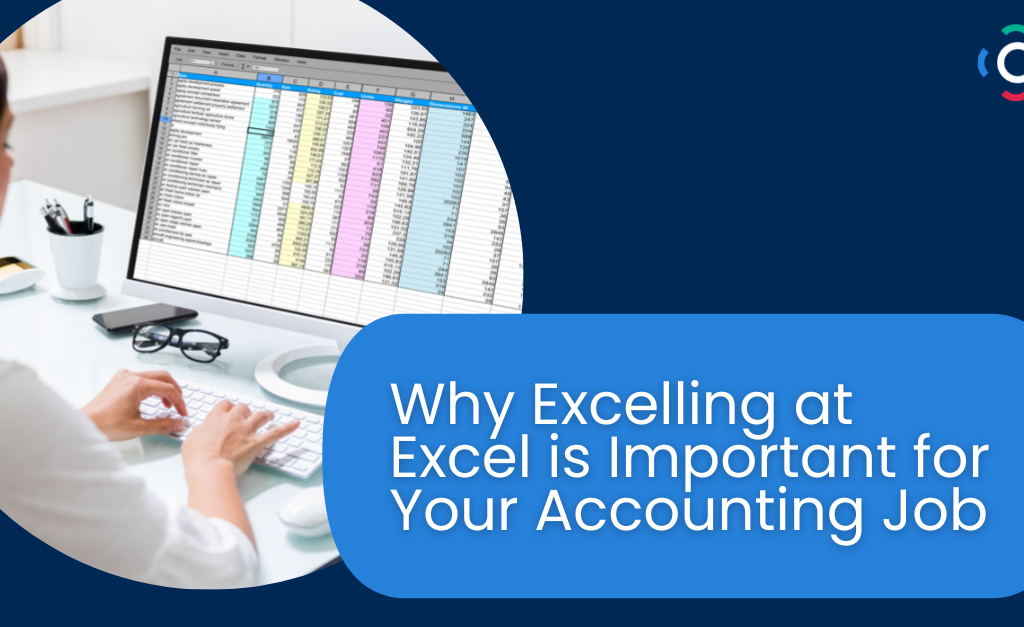[thumbnail]
Experience, they say, is the best teacher — but a mentor or a coach might be your next best option. We explain how to figure out which is right for you.
Whether you’re a CFO or a frontline analyst, we’ve all faced situations where we could have benefitted from some friendly advice. How to deal with a difficult team member, how to get started on a new project, whether you should take up that opportunity to work abroad, whether you should switch employers or even industries: these are the kinds of decisions we’d feel more comfortable making if we could discuss them with someone else first — preferably someone who’s already had to make them.
That’s where mentors and coaches can be a big help. Of course, you can, and will, always turn to your friends, family, and colleagues. But there’s a lot to be said for someone you can talk to who’s not already part of your inner circle — someone who might even have once been in your shoes (or a similar pair), but can still give you an unbiased, informed take on whatever it is you’re dealing with.
Mentor or coach?
Throughout my career as a finance recruiter in Toronto, I’ve both recommended and received, the benefits of mentorship and coaching. All the evidence suggests that the kind of counseling offered by mentors and coaches can deliver bigger salaries, accelerated career advancement, and overall greater job satisfaction. For many accounting and finance professionals, finding a mentor or hiring a coach could be just what their careers need in order to advance to the next level.
But which is the right choice for you — a mentor or a coach? What’s the difference between the two? And how do you go about finding the right people to mentor or coach you?
There’s an old Buddhist proverb: “when the student is ready, the master appears.” If only it were always that easy! But since finding the right “master” can be a challenge for even the most eager students, we’ve put together this guide to help you determine whether a mentor or a coach is right for your individual needs, as well as how to identify the right person to help you along your career path.
Why a mentor?
Mentors can act as “role models” for their proteges, offering their guidance about job expectations, career planning and professional development, and even workplace decorum and style. They might be able to help you network or introduce you to industry higher-ups, along with other important resources.
But above all, mentors offer a sounding board for their mentees’ ideas and problems. Instead of trying to better your career all on your own, a good mentor can share their direction and insight with you, so that you’re not fumbling in the dark. They can advise you on what career moves you should make, or what further training or skills you might need, in order to reach your long-term professional goals. The bigger picture? A mentor can help you see it.
Instead of trying to better your career all on your own, a good mentor can share their direction and insight with you, so that you’re not fumbling in the dark.
Choosing a mentor
Ideally, you want someone more senior and qualified than yourself — someone who’s “been there and done that.” Your mentor could be a former supervisor you’re still in touch with. They could be an older colleague with more tenure at your company, or the leader of another functional division of your organization.
What’s important is that your mentor be someone who you admire and respect, and who inspires you to take after them. One way to determine if someone is suitable as a mentor is to ask yourself: “what kind of person do I want to be in three, four, five years?” Your mentor should already be that person.
Finding mentors
Some mentoring relationships will develop naturally, of their own accord, but most will have to be actively sought out. There are numerous ways to go about this. Your company might provide a formal mentorship program, pairing junior employees with more experienced personnel; if it’s available, take advantage of it.
Don’t be afraid to look outside your organization. While someone from within your company will be familiar with your work environment, a mentor outside your employer can offer a more distanced — and perhaps more objective — perspective.
Search your entire network. Attend events or meetings of any alumni groups or industry associations that you’re a member of (some of these professional organizations may even have their own mentoring initiatives).
One way to determine if someone is suitable as a mentor is to ask yourself: “what kind of person do I want to be in three, four, five years?” Your mentor should already be that person.
Preparing for, and committing to, mentorship
Once you’ve identified your prospective mentor, invite them out for coffee or lunch, or schedule to meet them in their office. Explain to them what you’re looking for out of the mentoring relationship: ask them how they got to where they are now, and if they’re willing to show you how you can do the same.
Most people find it flattering to be respected as an authority, and will be eager to help you out. (Odds are that they once approached someone else to be their mentor!) But remember that while you stand to gain the most from the mentoring relationship, it should still be mutually beneficial. Unlike coaches, mentors aren’t paid for their time and efforts. What they get out of mentoring is an opportunity to develop their own leadership, teaching, recruiting, and management skills, as well as to pass on their wisdom and knowledge of success to others. In some ways, they can learn as much from you as you can from them.
It’s important, then, that you be a good “student.” Establish how frequently both of you will be available to meet, or exchange phone calls and/or e-mails. Be realistic about how much time both you and your mentor can commit to communicating. And insist upon complete honesty and confidentiality — both ways.
The right mentor can give you a critical edge in both your professional and personal development. Next time, we’ll look at coaching instead, and when and why you might want to consider hiring a coach. Stay tuned! In the meantime, come and introduce yourself to Clarity Recruiting. We are always looking to connect with accounting and finance professionals like yourself who are ready for a new opportunity and take their career to the next level.


